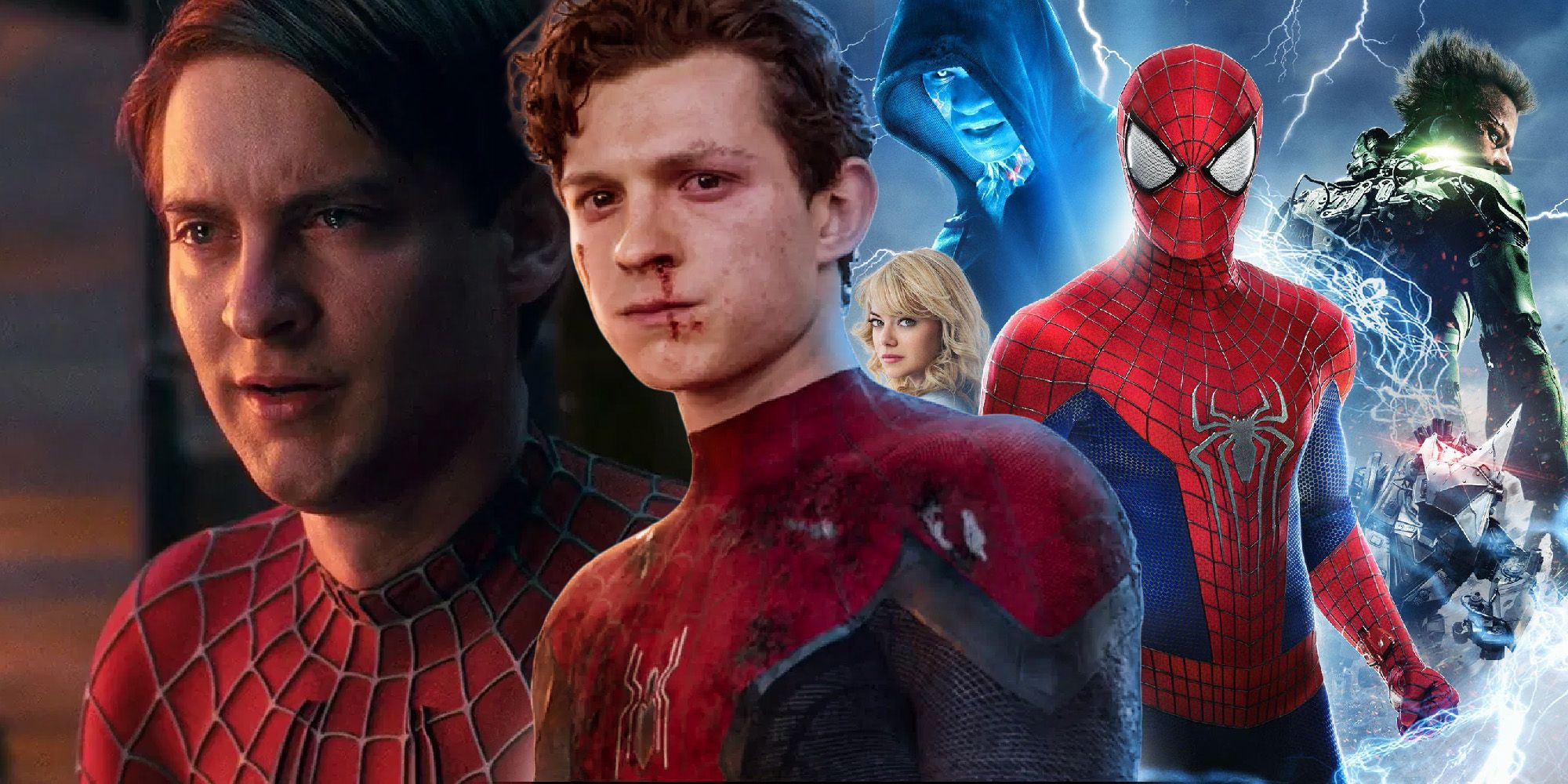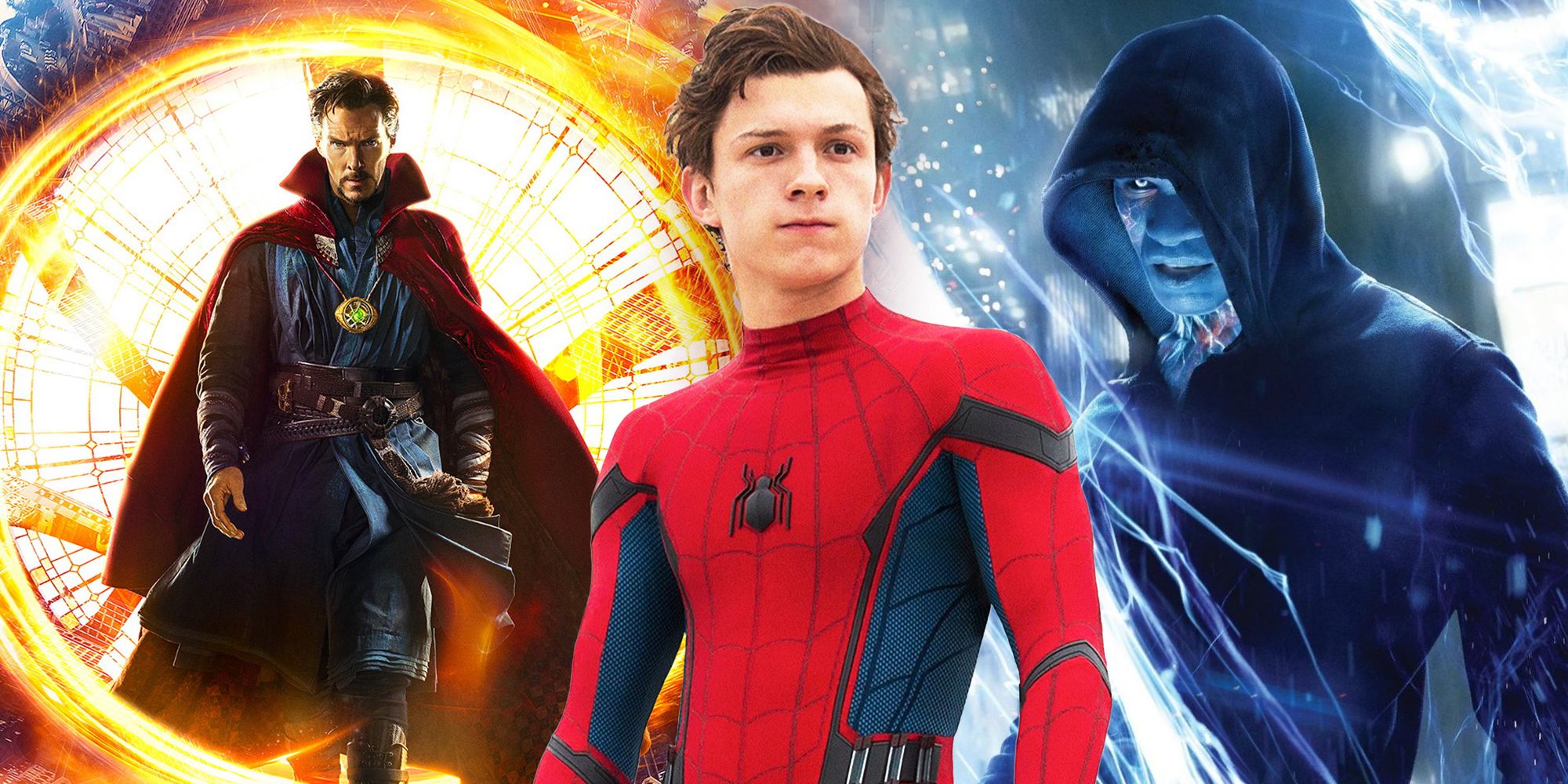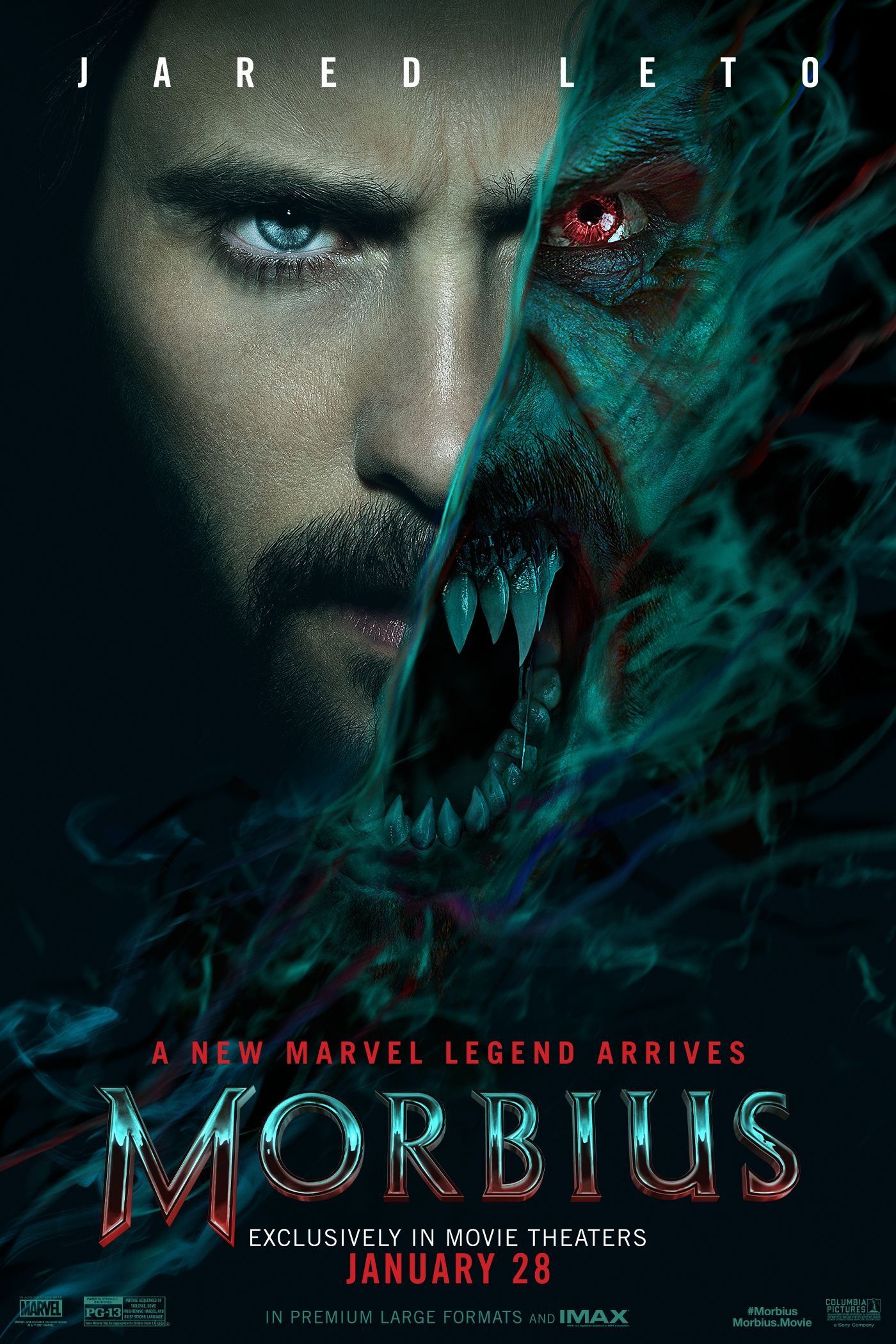The MCU's Spider-Man 3 has announced three critical decisions that made Sony's previous two Spider-Man franchises fail. Just a few years ago, the thought of having Spider-Man in the MCU felt absurd, but Captain America: Civil War proved that nothing is too far-fetched in the world of superhero movies. Fast forward to 2020 and Tom Holland's Peter Parker has already worn the Iron Spider suit, fought alongside the Avengers, and faced off against some of Marvel's greatest villains. Now, Spider-Man's third solo movie is teasing the multiverse. As fun as that may sound, Disney and Sony need to tread carefully.
Sam Raimi's first two Spider-Man movies are widely regarded as some of the best comic book adaptations of all time. They were poignant and perfectly self-contained, as evidenced by their utilization of action geared toward character development rather than sheer spectacle. That changed when the rushed Spider-Man 3 crammed multiple storylines into one movie. This led to a short-lived reboot, The Amazing Spider-Man and its sequel, which were praised for their action and performances. Unfortunately, The Amazing Spider-Man movies failed because, once again, they tried to do too much too soon. What has helped the MCU succeed is that it has taken enough time to develop each storyline across multiple movies. However, the MCU's Spider-Man 3 seems to be accelerating the process.
The first mistake that Spider-Man 3 is repeating is the excessive number of villains. Jamie Foxx is reprising his role as Electro from The Amazing Spider-Man 2, albeit with a different design. The Scorpion (Michael Mando) and Chameleon (Numan Acar) may finally become fully-fledged antagonists after several teases in the past movies. There's also the possibility of having Mysterio (Jake Gyllenhaal) and Vulture (Michael Keaton) return in some capacity. But most notably, the addition of Doctor Strange (Benedict Cumberbatch) suggests the movie will deal with a multiversal threat, and that could also bring a reality-hopping Kraven, an evil Ned Leeds as the Hobgoblin, or an unexpected villain who requires Andrew Garfield's and Tobey Maguire's Peter Parker to visit the MCU.
All of these villains could bring another considerable hazard along with them, which is the MCU's excessive focus on its future. After Peter Parker received an introduction to crime-fighting by Tony Stark (Robert Downey Jr.) in Spider-Man: Homecoming and subsequently dealt with his absence in Spider-Man: Far From Home, it's time for Spider-Man to be a hero on his own. But with Doctor Strange as his new mentor, scores of villains, and multiple realities converging, Peter Parker could easily get pushed to the background of his own movie, passively witnessing how the MCU evolves in front of him. The sequel's marketing and word-of-mouth have mostly focused on the consequences of the movie rather than the story itself, which mirrors the main reason why The Amazing Spider-Man 2 failed. If the MCU's Spider-Man 3 also sets up the Sinister Six, it would be repeating exactly the same mistake that The Amazing Spider-Man 2 committed.
The third mistake is likely the most damaging. Spider-Man: Far From Home ended with a shocking cliffhanger when Mysterio revealed Peter Parker's secret identity to the world. This sets up an entire movie that centers on Peter's quest to protect his loved ones and face off against villains who can use this information to manipulate him. However, the overwhelming amount of potential plots that come with Doctor Strange and Electro could make this exciting conflict less likely to be fully developed - just like Sam Raimi's first two Spider-Man movies set up the falling-out between Peter Parker and his lifelong friend Harry Osborn and later buried it under the introduction of Venom, Sandman, Gwen Stacy, and an emo street-dancing Peter Parker.
All the Spider-Man 3 rumors and fan theories make Spidey's threequel one of the most anticipated movies from the MCU's Phase 4. But if Sony and Disney want to keep expanding the Spider-Man franchise to new horizons, they shouldn't attempt to materialize them all at once. Otherwise, their ambition could become too big for their own good.










